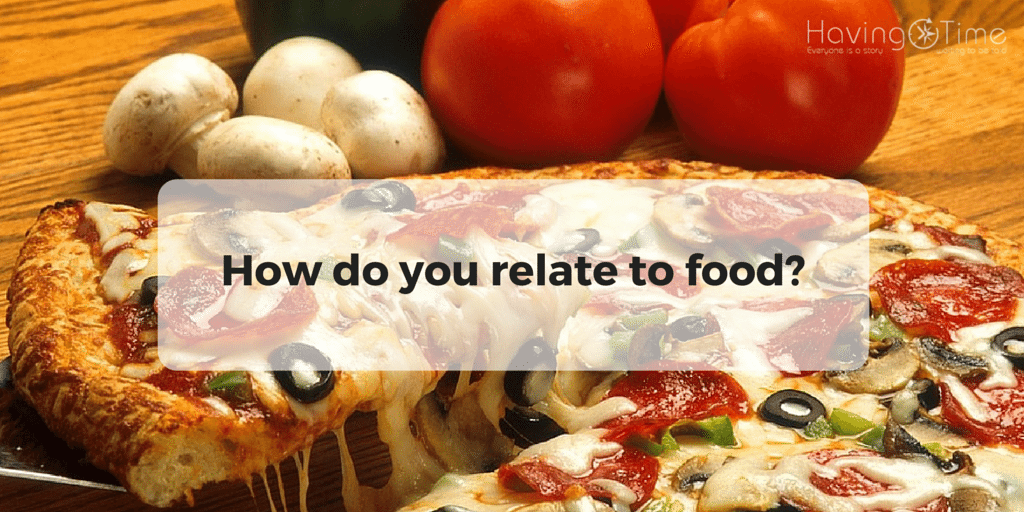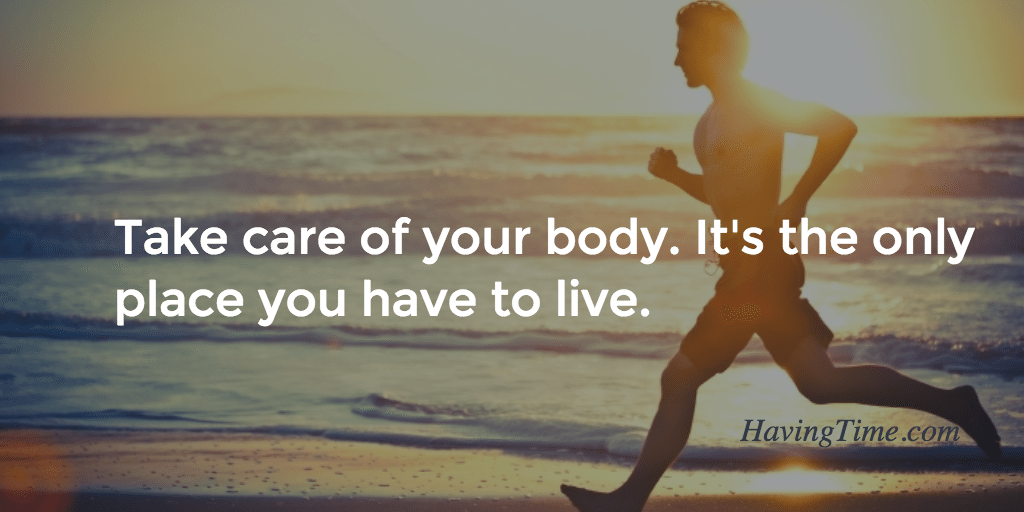
“The way you eat is inseparable from your core beliefs about being alive. No matter how sophisticated or wise or enlightened you believe you are, how you eat tells all. The world is on your plate. When you begin to understand what prompts you to use food as a way to numb or distract yourself, the process takes you deeper into realms of spirit and to the bright center of your own life.” – Geneen Roth
So much of our lives are mirrors, reflecting back to our beliefs about ourselves, our relationships, the world…
Take for example your relationship with food. If you‘ve never thought of yourself as having a “relationship with food”, I assure you, you do. We have relationships with everything in our lives.
Still not following me? Ponder this… How do you relate to food?
How often do you feel confident about what you eat? How much, or when you eat? Or why you eat?
Do you eat when you’re bored?
Lonely? Tired? Stressed? Sad?
Do you feel powerless to your cravings or your sweet tooth?
Do you starve yourself all day and then stuff your body at night, bingeing or numbing with cookies, ice cream, wine, or chips?
Do your food choices leave you feeling vibrant, energized and satisfied? Or over-stuffed, sluggish, bloated, and gassy?

All of these things factor into your relationship with food. How we do one thing is how we do everything.
If your relationship with a friend was anything like the way you relate to food—extreme, inconsistent, punishing–you probably wouldn’t invest too much energy or time with that particular person, would you?
How you interact with food (i.e. your relationship to food) is likely indicative of how you interact with life. This inconsistency that you practice is likely showing up in LOTS of other places.
And buckling down and being extra disciplined with will-power only works short term. Think about it: when was the last time you were super diligent about working out and eating clean, healthy foods, only to fall off the wagon and stuff yourself to sickness in the presence of “forbidden” foods, overwhelm, loneliness, downtime, or office cupcakes? (I’m guessing not that long ago.)
And honestly, I get it. I’ve been there too. Most of us don’t know how to be consistent with their habits because they only know the outmoded, old paradigm ways of managing our bodies (aka restriction and deprivation-based diets).
Food is Your Friend
But here’s the deal, food is your friend. And no meal plan, diet, or amount of self-control will give you the results you desire until you change your relationship to food.
Food can be a way we connect with ourselves regularly. A celebration of life, the planet, our bodies and all they do—an opportunity to replenish, refuel, and nourish vs. a way we deplete, overstuff, numb, or punish ourselves, shoving and cramming food down our throats in shame or lack of consciousness.
Eating is one of the simplest, most regular ways for us to slow down, check in, and listen closely to ourselves. We can tap into what we crave or what we’re truly hungry for (outside of food) through the practice of eating alone.
But most of us are tense, stressed, or totally unaware while we eat– holding our breath, muscles clenched– constantly distracted and eating while we check email, drive, talk on the phone or watch TV. We may think we’re “good” all day and then need to reward ourselves at night, consuming a full day’s worth of food in one sitting.
It goes without saying, but I’ll say it anyway: THESE HABITS DO NOT SERVE YOU.
I’m here to help you understand that eating can be meditative, pleasurable– a fulfilling activity that can leave you feeling great and energized without overdoing it or overindulging to the point of pain. There’s truly an art and a science to having a healthy relationship to food, but I want to leave you with one action step to play with this week.
Action steps:
Today, I’m inviting you to shine a little light on your relationship to food with a piece of homework. Go to your favorite restaurant, alone. Order your favorite thing on the menu, whatever it is and eat it. Slowly, consciously, and intentionally without any distractions or multi-tasking going on. Just eat and enjoy your food.
When you’re finished, I want you to notice:
- How and when do you typically eat?
- What foods do you eat regularly and why?
- Are you aware of your daily eating habits and if so, what motivates these practices?
- Do you celebrate your body with each bite or second guess, worry, shame and berate yourself, your choices, your body?
I invite you to love the body you call home!





